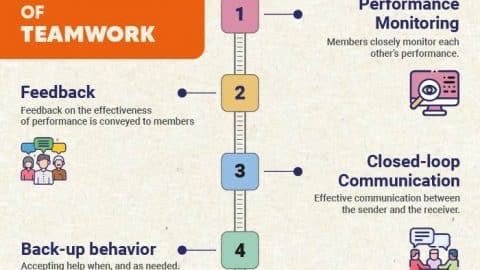Brain News – A team of researchers at the Ohio State University explored how early experiences affect brain development and cause neurological disorders in adulthood. The results are published in Science Advances.
The researchers focused on two types of brain cells that are linked to adult neurological disorders, like epilepsy, schizophrenia, and autism. These include the deep-nested modulating neurons of the cholinergic system and the chandelier neurons in the brain’s cortex. They carried out the experiments in mice.
The Study
The research team observed how chandelier cells developed during early brain development and how the modulating neurons influenced cortical cell activity.
In the first phase of the study, the researchers observed how the cholinergic system cells released the neurotransmitter called acetylcholine. They identified acetylcholine as the chemical needed by chandelier cells to initiate their “branching” of axons—the slender extensions of nerve cell bodies that transmit messages.
In the second phase of the study, through a series of experiments, they observed the interaction between the two types of neurons. They saw that firing up the cholinergic neurons and releasing more acetylcholine increased branch development of the chandelier cells. Decreasing the activity of cholinergic neurons and dampening the release of acetylcholine led to decreased branch development.
However, even if the cholinergic neurons play a dominant role in brain wiring, it is actually the cortical chandelier cells that have output control. They regulate waves of neuronal firing and how messages get transmitted across the brain.
Promising Findings
From the findings, the researchers have inferred that certain abnormal early experiences affect brain development, by altering the modulating neurons of the cholinergic system. This, in turn, changes the cortical circuit wiring in the brain.
For instance, certain studies show that under-developed or impaired synaptic terminals of chandelier cell axons stop them from being distantly controlled by the cholinergic system. This results in the failure of the brain to trigger memories and certain behavior. Such impaired chandelier cells are usually found in people suffering from disorders like schizophrenia.
The Overlooked Link
Researchers are enthusiastic that this study has led to a better understanding of how early experiences affect brain development and cause severe neurological diseases in adults. They look to further examine the cellular interaction in the postnatal brain and its link with brain pathology.
One of the lead researchers, Hiroki Taniguchi, said, “The [next] question is what kind of environment or emotional state of change can impact cortical inhibitors’ development? We may want to see if we can find a link as a next step.”
To Know More You May Relate To
Steinecke, A., Bolton, M. M., & Taniguchi, H. (2022). Neuromodulatory control of inhibitory network arborization in the developing postnatal neocortex. Science advances, 8(10), eabe7192. https://doi.org/10.1126/sciadv.abe7192


























